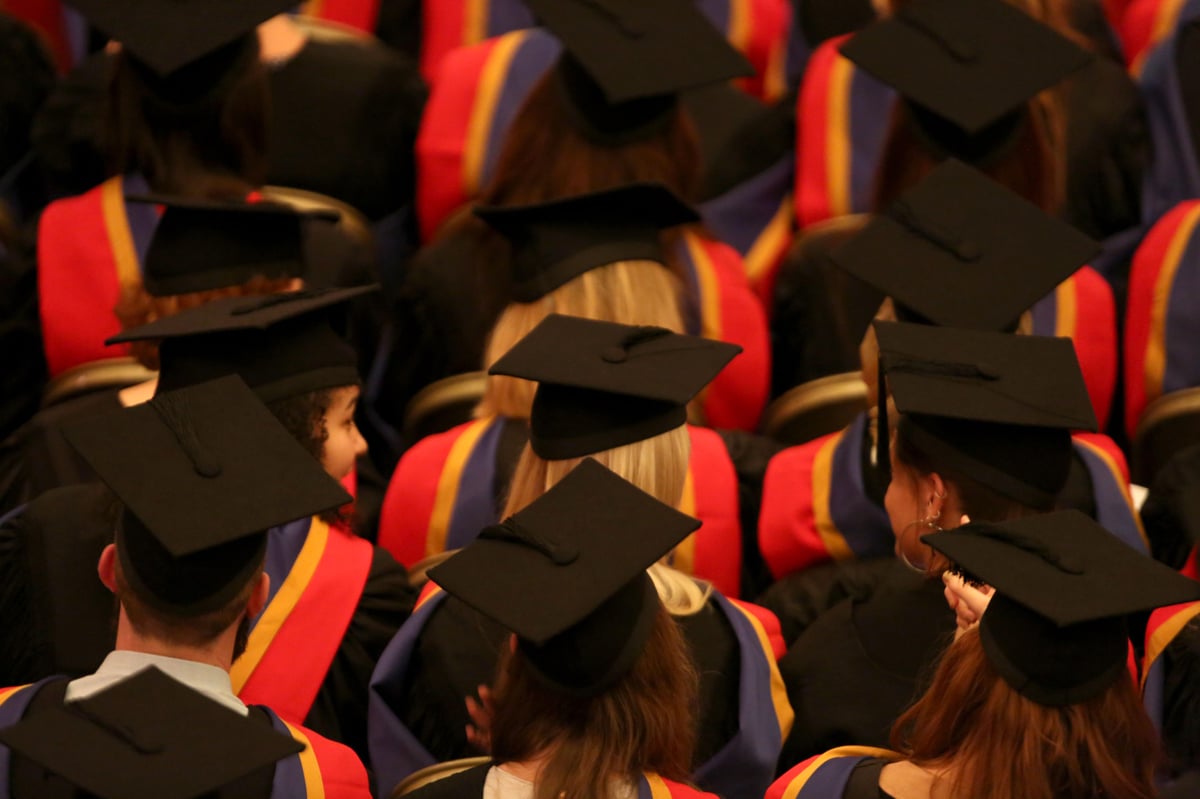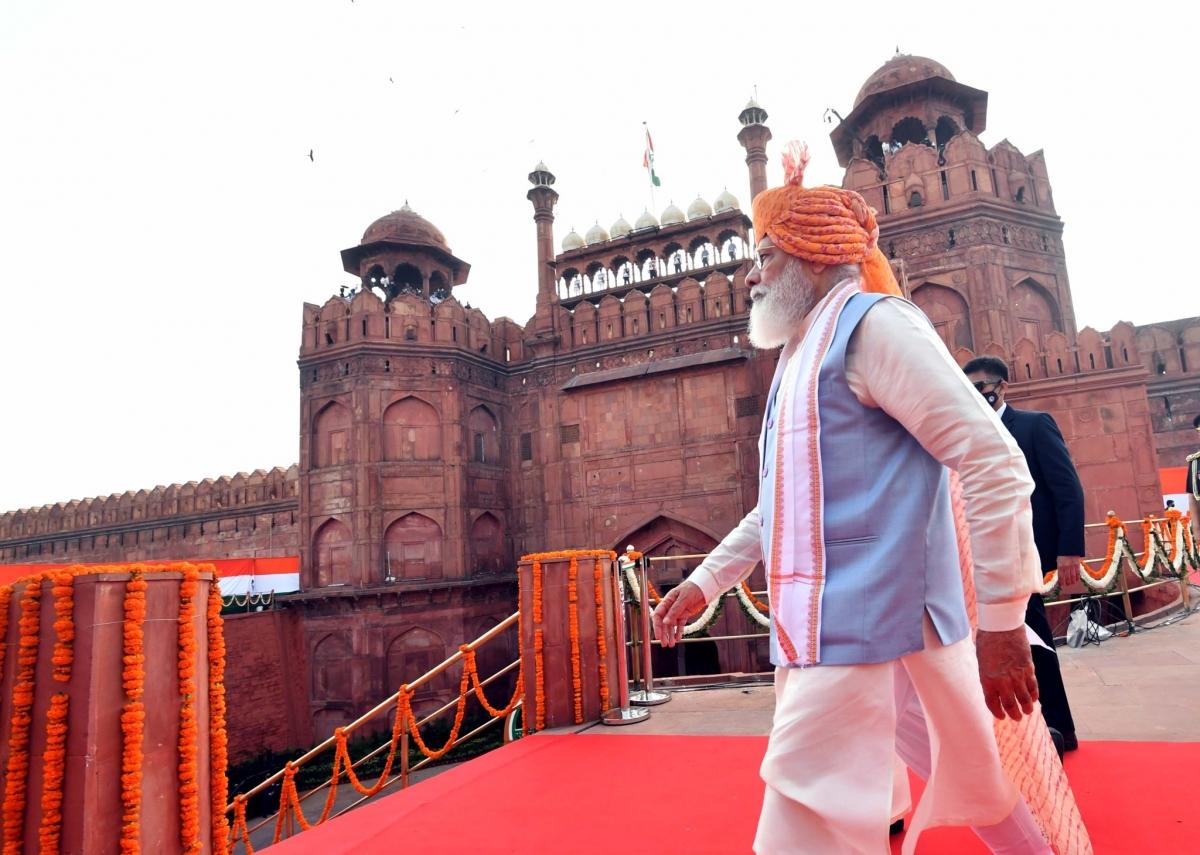Student visas crackdown and new levies to cause ‘£1.8bn loss’ to UK economy – with London hit hardest
By Rachael Burford
Copyright yahoo

A crackdown on visas and new levies for international students could lead to a £1.8 billion loss to the economy in the first year alone – with London hit hardest.
Under its “Restoring Control over the Immigration System” plan, the Government has proposed a 6% tax on international student tuition fees.
Graduate visas would also be reduced from two years to 18 months as part of the Immigration White Paper.
But a new report by policy consultancy Public First has estimated nine out of 12 regions in the UK would face a wider loss of more than £100 million in the first year of a levy because of the likely loss of international students.
The impact would be largest in London, at £480 million, followed by Scotland (£197 million) and then the South East (£163 million).
The 10 parliamentary constituencies most affected by the proposed levy would lose an average of £40 million in gross value added (GVA), modelling suggests.
Prime Minister Sir Keir Starmer’s Holborn and St Pancras is estimated to face the biggest loss at £72 million, followed by the cities of London and Westminster (£57 million), and then Coventry South (£44 million).
Of the 50 most impacted constituencies, 37 are held by Labour, according to researchers.
Mark Hilton, policy delivery director at Business LDN, said: “At a moment when the Government is rightly making growth its number one mission, a new higher education levy will hit one of our key export sectors to the tune of hundreds of millions of pounds.
“This levy would mean further cuts across universities in London and across the UK when they are already financially stretched, with world-leading research programmes a likely casualty.”
Earlier this week, Public First said 16,100 international students in the first year, and more than 77,000 in the first five years, could be deterred from coming to Britain by an increase in university fees to cover the cost of levy contributions.
This could result in 33,000 fewer places in the first year for domestic students because of how international fees cross-subsidise domestic fees, findings suggest, growing to 135,000 across five years.
The impact of fewer international students could see the UK economy lose £2.2 billion in international fee income alone in the first five years, the report commissioned by a consortium of universities found.
Jonathan Simons, report author and partner at Public First, said the impact of a levy on international student numbers “will hit our universities, around 40 per cent of whom are already in deficit, and that could lead to a further loss of jobs, a loss of university places for UK students and a loss of vital research investment.”
Natasha Chell, Partner at Laura Devine Immigration, said: “The proposed levy risks sending a damaging signal to prospective international students at a time when the UK is actively competing to attract global talent.
“The levy flies in the face of the government’s objective to attract the brightest and best talent, while overlooking the vital contribution international students make to the economy and to the UK’s skills pipeline – including in shortage occupations.”
A Government spokesperson said: “This Government is determined to ensure that investment in our higher education and skills system is more widely shared, and its contributions felt throughout our communities.
“We have taken tough but fair decisions to put universities on a secure financial footing through our plan for change, increasing tuition fees for the 2025/26 academic year in line with inflation and refocusing the Office for Students to monitor the financial health of the sector.
“We will fix the foundations of higher education to deliver change for students, restoring universities as engines of aspiration, opportunity and growth.”



